In this program, students will acquire knowledge in food science and engineering. They will be trained to conduct innovative research in this area. Graduate students must demonstrate a thorough understanding of the scientific principles and application of these principles to food problems. They must also possess excellent communication skills, be able to design and implement experiments, and analyze results. They will learn professional skills for successful placement in the food industry. They will also be encouraged to join professional organizations and present their research findings to local and national audiences.
Applicants should have a Master's degree in a relevant field of food science and technology. In order to pursue a Ph.D., prospective students must have at least 30 graduate credits in a related field of study. They should also possess advanced knowledge of English or another official language of the EU. They must also be a native English speaker. However, if you speak another language, you can bypass the M.S. program and pursue a career in food science and technology.
A Ph.D. in Food Biotechnology requires a minimum of 30 credits beyond a Master's degree. Students will complete an 18-hour dissertation research project and complete research project. The dissertation must be approved by the advisory committee of the program. The Ph.D. candidate will take a comprehensive examination that consists of oral and written portions. After passing the comprehensive examination, the student will write and defend a dissertation in front of an advisory committee.
Ph.D. in Food Biotechnology Eligibility
Candidates who want to take admission in Ph.D. must have a post-graduate degree in Food Biotechnology and its relevant discipline with at least 55% marks from a recognized university and must have passed the national level entrance examination or university level entrance examination. National level entrance exams like UGC NET / UGC CSIR NET / GATE / SLET or University entrance exams consist of written tests and personal interviews.
The Benefits of a Ph.D. in Food Biotechnology
A Ph.D. in Food Biotechnology prepares graduates for a variety of positions in the field. In addition to research, graduates can easily transition into non-research positions. Some work in regulatory affairs for food and beverage companies, ensuring that products meet strict government guidelines. Others can work in the business side of a biotech company, while others may find jobs in scientific publishing.
A Ph.D. program in food biotechnology will require extensive study in a related field. Students receive specialized advanced training and become experts in their chosen field. Earning a doctorate degree will provide candidates with the credibility to lead research teams, publish in academic journals, and obtain funding. Upon graduation, they can also establish their own research firm, speak at academic conferences, and improve their employment opportunities.
A Ph.D. program in food science will equip students with the necessary knowledge to conduct their own research. Typically, graduate students will focus on one discipline within food science. Upon completion of the program, they are prepared to work in any area of food biotechnology. Some of these areas include nutritional/food biochemistry, animal health, food engineering, and food processing. Those with a Ph.D. can choose to work in sensory science, microbiology, or animal health, among others.
The Career and Job Opportunities of a Ph.D. in Food Biotechnology
If you're thinking about leaving academia or academic research, a Ph.D. in Food Biotechnology is a great choice. Depending on the degree, career opportunities range from Research Scientist to Product Developer, with a variety of job titles in between. In the Canadian food industry, for example, there is little real research and no R&D departments. The "big D" is product development.
Graduates are well-prepared to enter any area of food science. They'll gain a deep understanding of the fundamentals of biotechnology and engineering, and apply that knowledge to food production. Students with Ph.D. degrees in this field can expect to work in fields such as nutrition, animal health, and sensory science. Some careers are listed below. However, many students choose to work in biotech research in the pharmaceutical industry.
After graduation, there are many potential careers in food biotechnology. The field has recently seen significant advancements in the fields of health care and food production, and a Ph.D. in Food Biotechnology will prepare you for a career in this exciting field. The program includes both undergraduate and graduate courses, and prerequisites include a 10-year degree in science or mathematics. If you're interested in working in the food industry, a Ph.D. in this field could be the perfect fit.
The Future Scope of Ph.D. in Food Biotechnology
The food industry has increased its use of biotechnology in various aspects, from health care to food production. The branch of food biotechnology that deals with efficient food production is one that is highly relevant to the current economic climate. As a Ph.D. candidate, you will complete a research project. Together with your supervisor, you will write a prospectus describing the project and the steps required to carry out it. Once you begin working on your project, you will update the prospectus as needed to keep it relevant to your current work.
The Ph.D. program in food biotechnology will teach students about modern genetics and the many different techniques for producing foods and crops. The course covers topics such as crop breeding, vegetable breeding, dairy farming, poultry production, and more. The research component will focus on a particular topic or method, and the student will then submit a thesis for the Ph.D. in Food Biotechnology. The duration of the course is four to five years, depending on the length of the project.
The field of food biotechnology uses the tools of modern genetics to emphasize the traits that are essential to food production. This can be done through gene deletion or addition. In many instances, the food biotech program involves enhancing an old agricultural method with new technologies. In some cases, the results of these experiments have been beneficial to people. The field of food biotechnology is expanding rapidly, but it still requires experts.
Ph.D. Research Programme duration
The Ph.D. in Food Biotechnology course is a minimum of 3 years and a maximum of 5 duration. This depends on the university offering the course.
Fees for research program for Food Biotechnology
The average fee for Ph.D. in Food Biotechnology degree is between INR 50000 and INR 500000.
 5 Years
5 Years
 PhD
PhD
 Research
Research







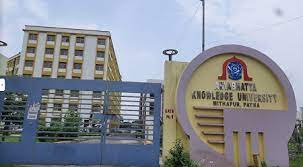
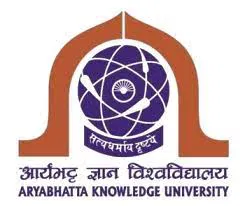

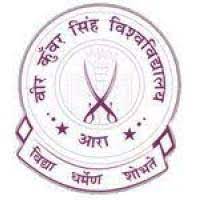
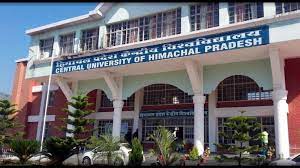

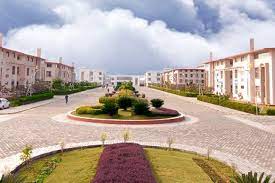
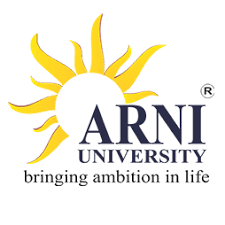
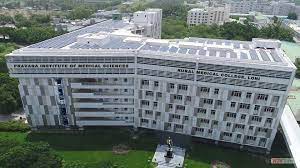
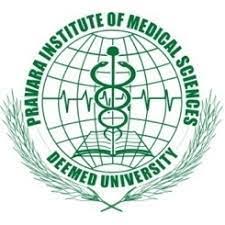
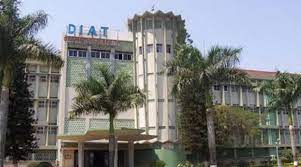
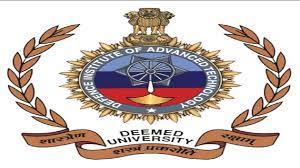
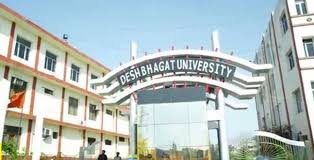
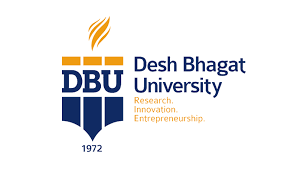
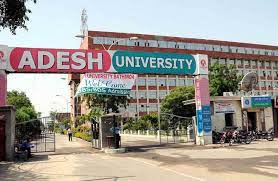

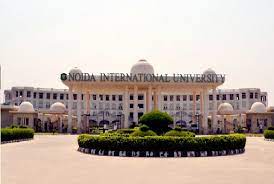

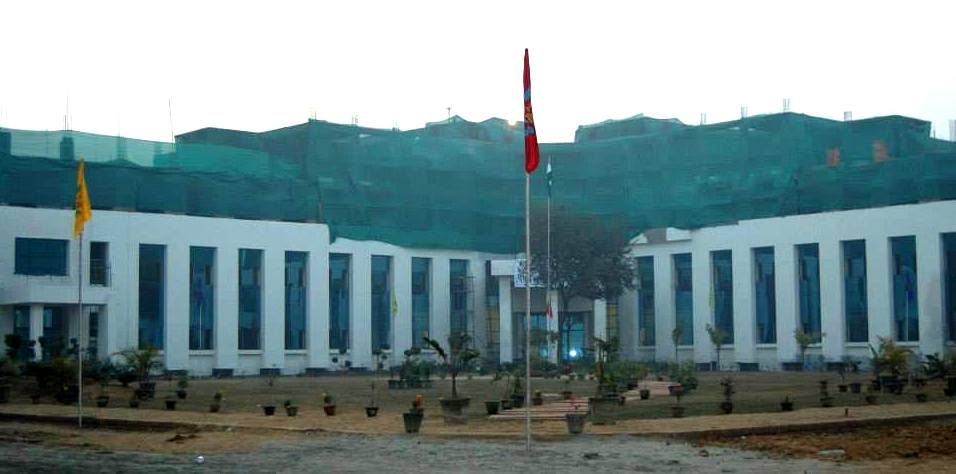
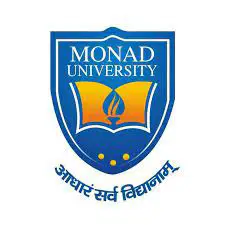
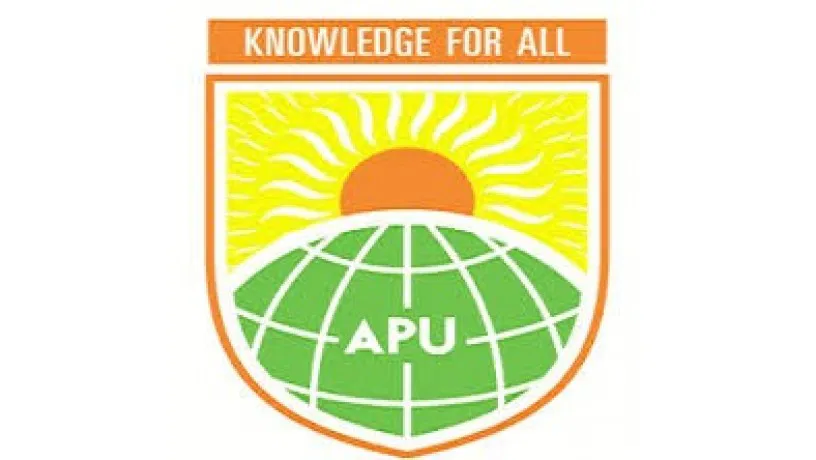
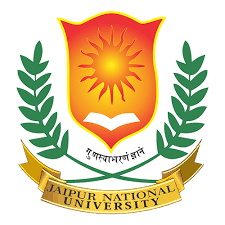


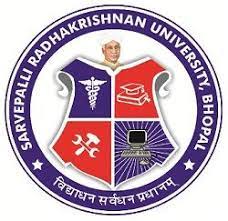

 back
back